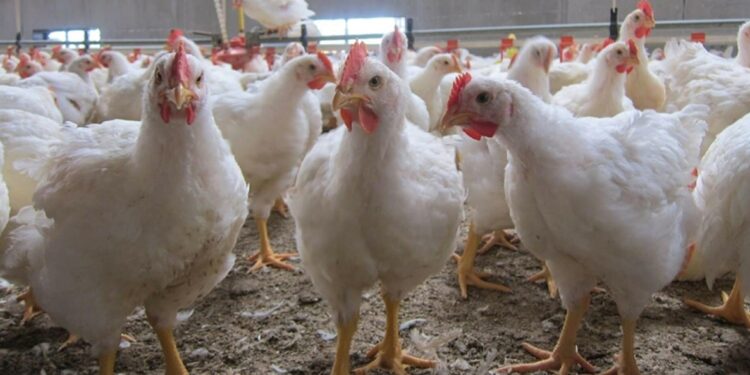The creation of a third private community company at the Governorate of Manouba, called “Kbida”, specializing in the breeding, slaughter and distribution of poultry, was recently announced. Initially scheduled until September 13 for the subscription period, it was extended until the total number of shareholders set at 50 is reached. The subscription price was set at 400 dinars per share, said the president of the founding committee of the company, Aymen Moumni, at the TAP agency.
The new company in question aims to organize the informal poultry sector in Tunisia, in particular by limiting the anarchic slaughter phenomenon thanks to the implementation of a modern slaughterhouse, subject to health control. The company will also help regulate the poultry market. First, its activities will focus on slaughter and distribution, to then extend to breeding as its resources develop.
According to Aymen Moumni, once the subscription phase and the contributions of the finalized shareholders, a first board of directors will be elected for a period of three years, in accordance with the provisions of presidential decree n ° 15 of 2022, dated March 20, 2022, relating to private companies. The company was launched by a founding committee of six members representing various delegations from the governorate and was registered in the national business register.
The President stressed that the success of this initiative is mainly based on shareholders’ commitment to provide the equipment necessary for the slaughterhouse and ensure the proper functioning of the company. The objective is to organize and regulate a hitherto informal sector, while guaranteeing the continuity of activities in a legal framework and under strict health control.
The Manouba region had already seen the creation of the first community company “Manouba Bayah” in 2023, followed by the company “al-Fath”, specialized in integrated agriculture, currently in the finalization of legal proceedings and the election of its board of directors.
However, one can wonder if the simple multiplication of community companies in the poultry sector will bring real added value to the local economy.
Between slaughter, distribution and promises of market regulation, the initiative seems ambitious on paper, but remains to be proven that it will really be able to transform an informal and dispersed sector. The idea of pooling efforts and investments is attractive, but its effectiveness will largely depend on daily management, membership training and the ability to enforce health and legal standards.








